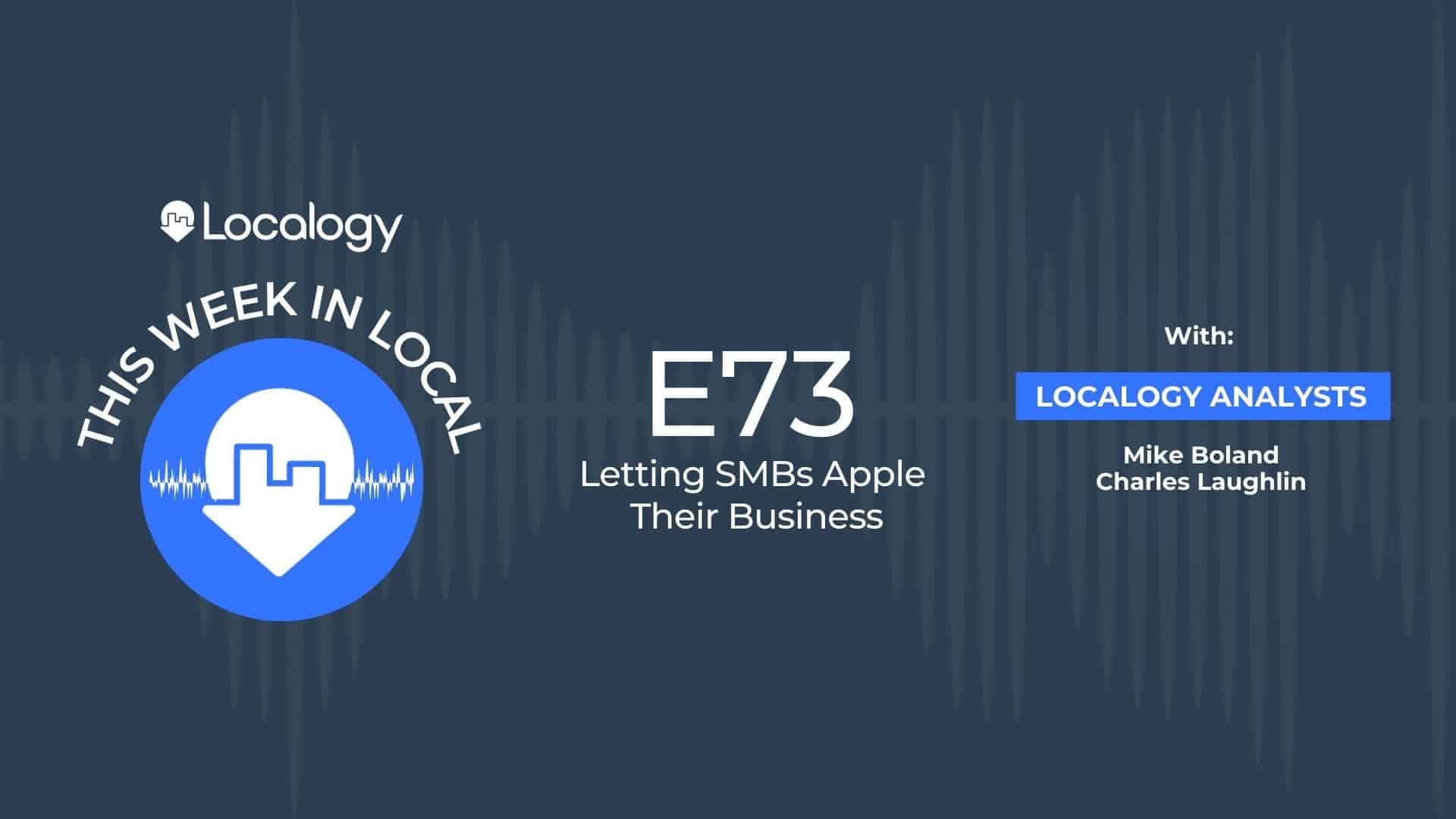It’s a question given short shrift (hardly any shrift at all actually) in the Terminator and Matrix tech dystopia movie franchises. Can robot overlords really run our lives if they can’t make a pizza? I’ll go out on a limb and just say it. Nope. They can’t. But it’s not over yet.
So why is this question even on the table right now? We just learned of the demise of Zume. This company, backed by SoftBank (you thought WeWork was bad), initially set out in 2017 to develop pizza-making robots. And trucks to deliver their pizzas. Because, well, of course. According to available reporting, the company is now insolvent and opted for liquidation over bankruptcy.
Despite their best efforts, Zume’s engineers never quite nailed pizza automation. One problem, apparently, was that the cheese kept sliding off. While this might be OK for lactose-intolerant pizza consumers, the rest of us are going to hold out for the robot that perfects the cheese-adherence algorithm. If there is a Turing test for pizza-making robots, surely this is it?
For the moment, at least, local pizzerias appear to be safe from robotic disruption. That isn’t to say others aren’t trying. Another company trying to take over the world (of pizza) wth robots, Picnic Works, laid off staff in February. And company CEO Clayton Wood departed soon after the layoffs.
Pivot to Packaging
OK, so what really happened at Zume? First of all, the Zume that has reportedly shut down (its website is still active FWIW) after burning through a reported $450 million, actually pivoted away from pizzas robots back in 2020. That’s when the company sold off that line to focus on food packaging. Sustainable molded fiber packaging to be specific.
OK, boring. But at least food packaging sounds like a more viable business than pizza robots.
Taking on Two Industries
When it started, Zume didn’t just just want to build an army of disruptive Luigi-trons. It also sought to hack food delivery. Zume’s fever dream also involved cooking pizza inside delivery trucks. The Spoon has a nice take (or takedown?) on why Zume was doomed to fail and will be a future B-school case study. The Spoon also makes an apt comparison to another startup we have covered — Marc Lore’s Wonder ghost kitchen on wheels. I mean, doesn’t that just immediately sound like a bad idea? We kinda thought so.
Picnic Works’ former CEO Wood also weighed in on Zume’s demise in a June 4 LinkedIn article. After noting that while he ran Picnic Works, he had to compete against the much better-funded Zume, he suggested (as did The Spoon) that the company may have bitten off more than it could chew. Even with Soft Banks’ millions.
“Zume Pizza wasn’t really about pizza robots. Yes, they had a pizza business and yes, they used robots (a little), but their intent was about disrupting the restaurant model by cooking food in a mobile kitchen, ” Wood wrote. “Not a stationary food truck but a facility that cooked the food on its way to a delivery. I found that to be a real head-scratcher because the trucks were way fancy, and I couldn’t figure out how you can possibly sell enough pizza to pay for those trucks.”
Wonder and Zume (at least Zume 1.0) had a few things in common. They both raised a lot of money to solve problems that arguably didn’t exist. Is pizza really broken? Slice has been arguing this for years, but is still not a household name.
Another commonality between Zume and Wonder? They both failed to take off. Let’s be fair. Wonder is still with us, and is offering $5 off your first delivery.
So are pizza robots really such a bad idea? Perhaps no worse than using robots to complete any other repeatable task. We may yet see a pizza robot take over the world. The world of pizza, anyway. So local pizzerias may be able to relax for now. But perhaps not forever. Picnic Works is still at it, I guess, but it’s tough to argue that pizza automation has been solved. Or if anyone, really, is clamoring for the solution.
The Spoon piece points out that Zume made a fundamental error when it started out. It took on two industries at once — pizza and food delivery. Had it just tried to nail one of these, probably robots, it may have done better.
I guess we will never know.




